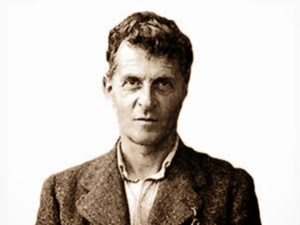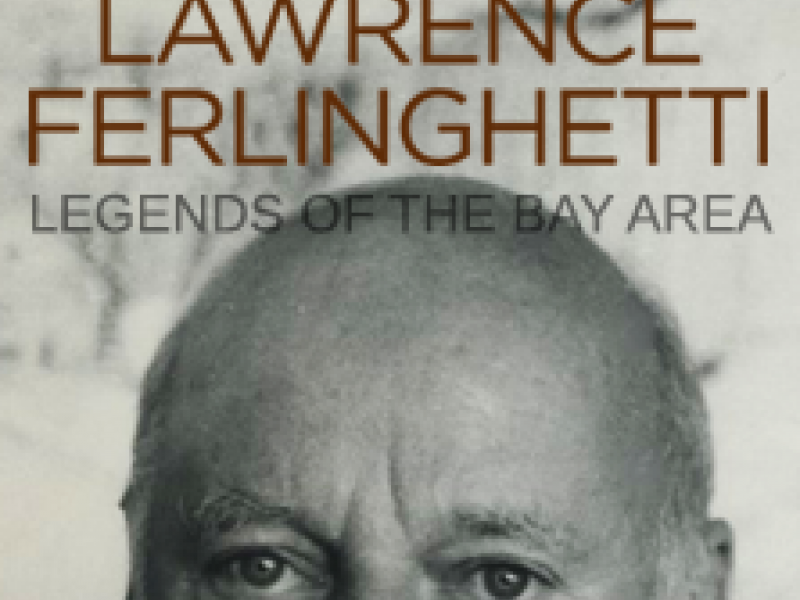[A 19th century Tibetan mandala, in the collection of the Rubin Museum of Art, New York]
[Japanese Zen Enso Symbol]
[The Messier 80 global cluster in the constellation Scorpius, located about 35 light years from the Sun - via NASA Hubble telescope]
AG: The other aspect of the Mahayana, Mahayana style, as Reggie (Ray), I guess, may have mentioned, is the notion of sunyata – did he get into that?.. In modern Existentialist terms that’d be“the void”, the big bad.. the big black wolf of the void, or, depending how it’s seen In modern, twentieth-century Existential terms, it was seen somewhat as a threat – like, if you don’t have God no more, (then) all you’ve got is a void, and what’s the use of doing anything, why not commit suicide? etc, etc, etc, etc.
So, vulgar notions (I mean vulgar in the sense that), as I was saying, there was (John) Keats’ notion of “Negative Capability” - (the) capability to entertain many diverse opposite conceptions of the universe at one time, without freaking out, without saying, “Oh, I’ve got to commit suicide because there’s no God and it’s all a big void". "That means I’ve got to commit suicide”
- like (the) acid head who gets high and says, “Everybody’s got to be naked. Let’s all take off our clothes and rush in front of the automobiles.""Let’s stop the traffic and tell everybody to be naked, and get run over, and who cares?”
– Well, that’s pushing it. It’s not understanding the emptiness of that notion too.
Be that as it may, there is a notion of emptiness, or sunyata((the) proper pronunciation is shoun-yah-tah– accent on the “a”, long “a” –“Shoun-yah...”) meaning, not so much the emptiness of the phenomena, as their existence without our plastering conceptions on them – things existent in themselves, without a projection.
Student: What would be (the) difference (between the) aspect of (William Carlos) Williams and sunyata
AG: What would be the difference between clear-seeing, (the) Hinayanaaspect of (William Carlos) Williams and sunyata ? I think I would be somewhat the difference between Williams and (Walt) Whitman.That is to say, in later Williams, you will find that clear-seeing eye in empathy out, extenso, in space. Here, he’s still at the turn of the century, just practicing, trying to see and focus objects simplified down to single objects – like “so much depends/ upon/ a red wheel/barrow/ glazed with rain/ water/ beside the white/ chickens”– he’s trying to narrow down the focus just to see clearly . As I was saying,reading that history book, Georgia O’Keeffeand her husband Alfred Stieglitz, in beginning these experiments, discovering their own direct perceptions, thought first, as strategy, well, at least, narrow it down, focus (on) one little thing that you can see, and that others can see. When you have enough practice in that, then the Maha-vipassana,the big vipassanacomes, which is panoramic insight, in detail, in three-hundred-and-sixty degrees, in all ten directions of space and through all six senses – sight, sound, smell, taste, touch, mind - that you begin to see, say, a mandala of detail, a mandala of detail, or (a) three-hundred-and-sixty-degree sphere of details.
[Audio for the above may be heard here, starting at approximately thirty-three-and-three-quarter minutes in and concluding approximately thirty-seven minutes in]
[Audio for the above may be heard here, starting at approximately thirty-three-and-three-quarter minutes in and concluding approximately thirty-seven minutes in]






















.jpg)










































_and_Doyle.jpg)















